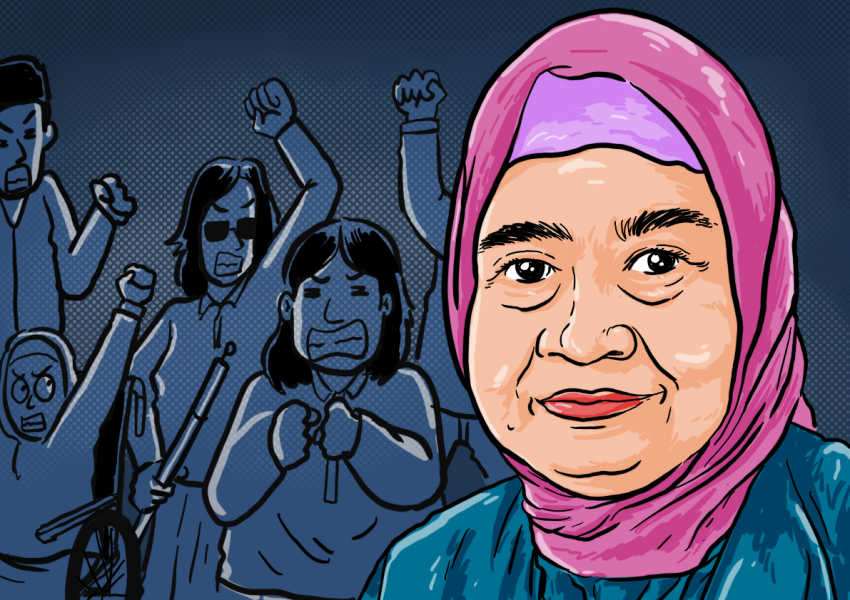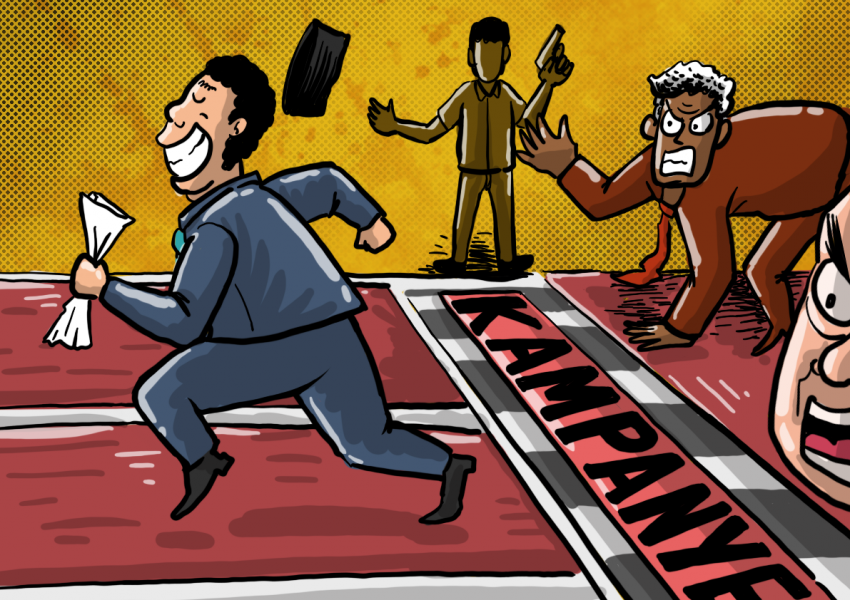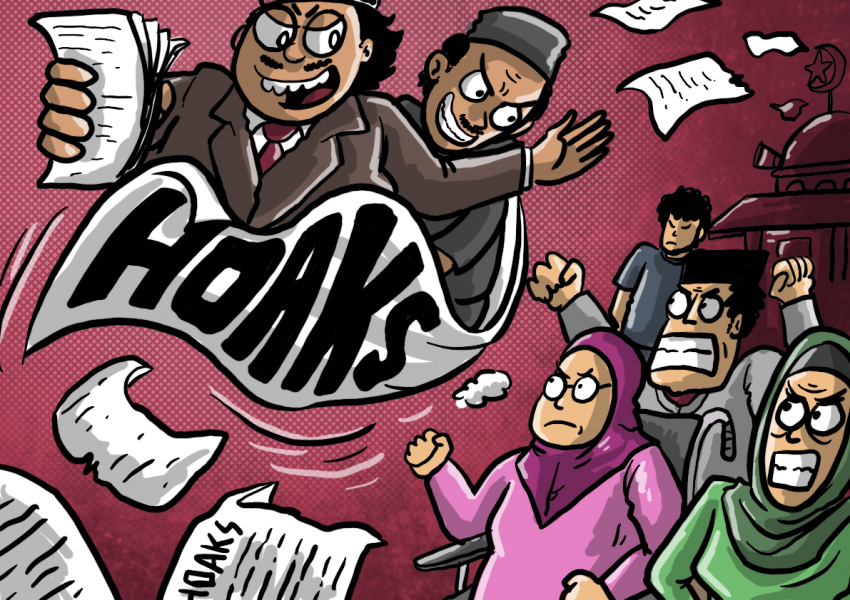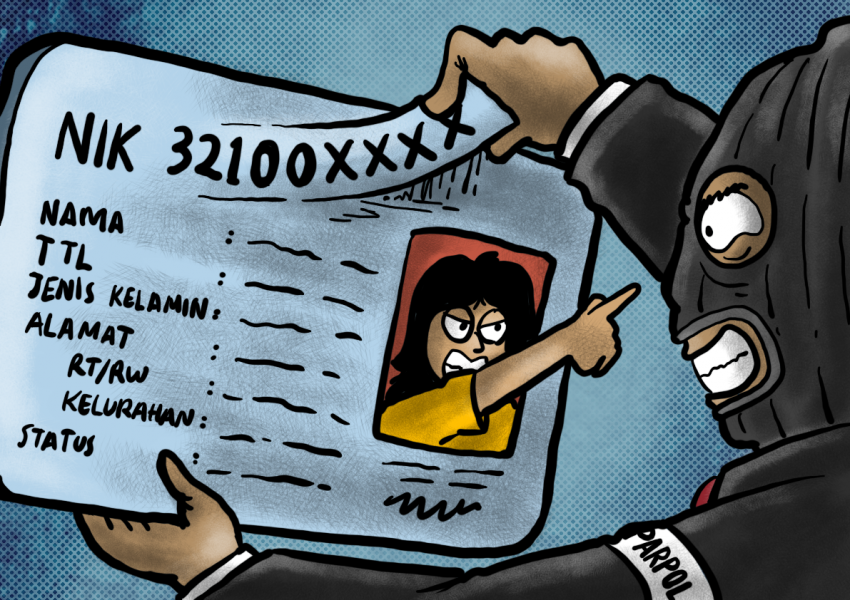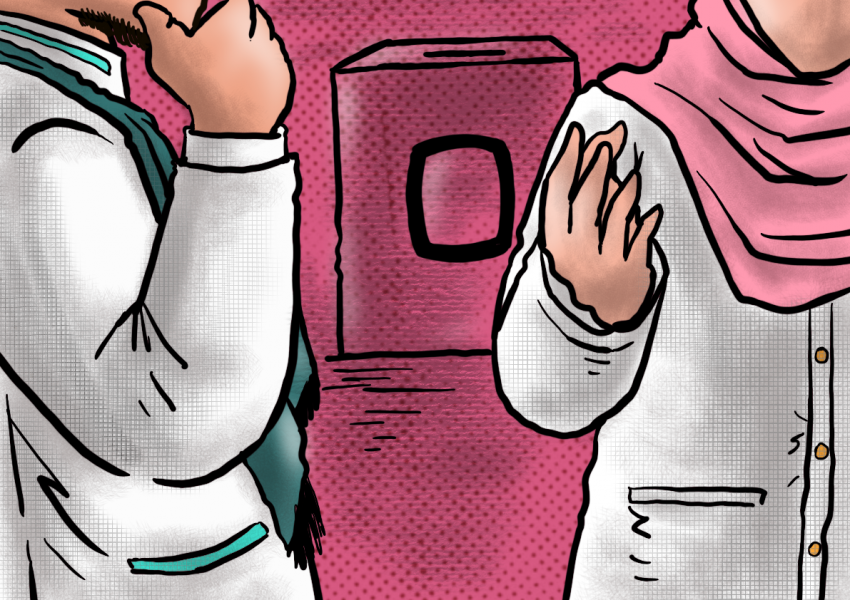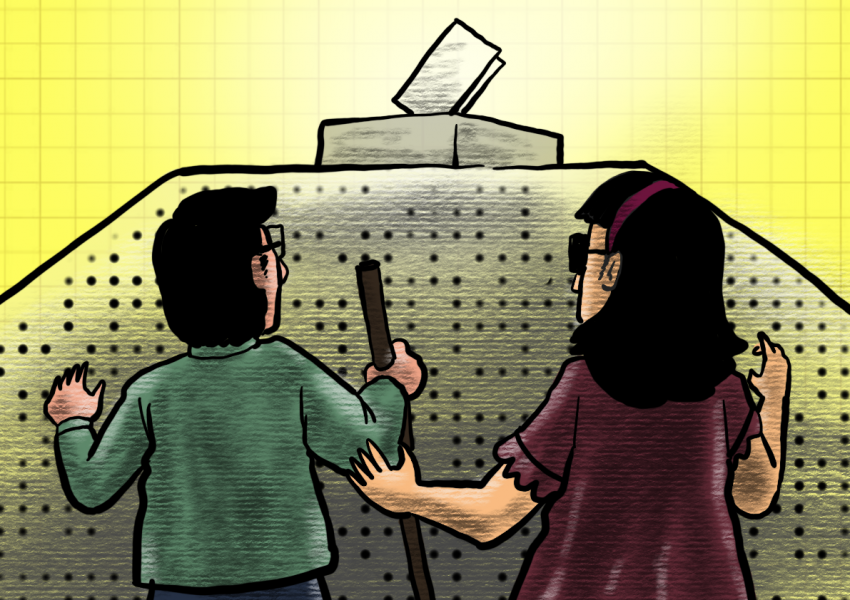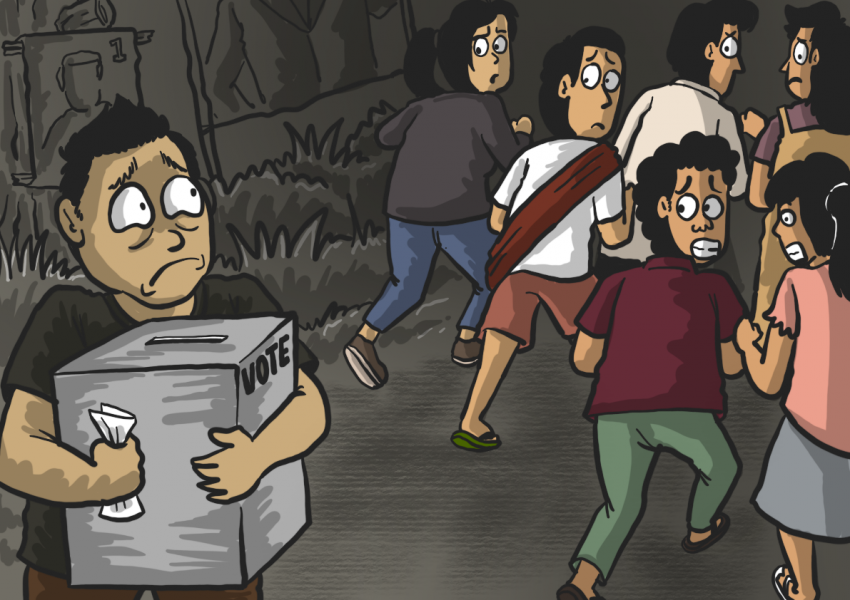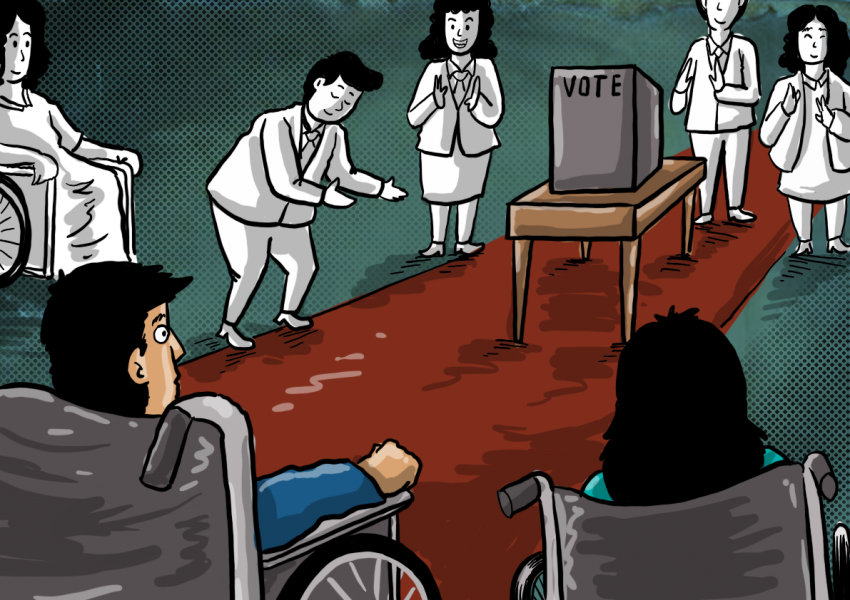
Money Politics and Black Campaigns Pollute the Democratic Festival
Every democratic festival event is always marred with money politics and black campaigns. Unscrupulous people lose their creativity to convince voters to be attracted to their candidate. Or even they deliberately chose practical ways to gain votes.
Money politics has become a parasite against the participation of the people's festivities. In fact, people can use their voting rights to choose the best according to their conscience not because there is material reward or their votes are bought.
Dedi Irawan, a researcher in the journal "Studies on Money Politics in the 2014 Legislative Elections: Case Studies in Sempaja Selatan Sub-District" revealed that money politics is often carried out by way of dawn attacks and mass mobilization. James Pollock, the 13th Governor of Pennsylvania from 1885-1858, did not lag behind in responding to the practice of money politics in his time by revealing that the relationship between money and politics will continue to be a major problem in democracy and government.
Munawar, a citizen journalist from Aceh, in his report entitled "Quality elections without money" wrote that the 2014 legislative elections, the 2017 regional head elections (pilkada), to the 2019 elections in Aceh were one of the regional samples that also indicated the practice of money politics.
He cited data from civil society who joined the Aceh Election Network (JPA) that the 2014 legislative election was full of money politics. JPA itself consists of the Aceh Civil Society Taskforce (ACSTF), Aceh Institute, Aceh NGO Forum, Banda Aceh Legal Aid Institute, Aceh Transparency Society (MaTA), and JPA Aceh Women's Solidarity. Hafidh, the Spokesperson for MaTA representing JPA, which was broadcast by kompas.com, on November 4, 2014, conveyed that the practice of money politics spread in various districts/cities, and was also carried out by legislative candidates and campaign teams from various levels.
MaTA found that there were at least three cases related to money politics committed by candidates for the Indonesian People's Legislative Council (DPR-RI), the Aceh provincial parliament (DPRA), the district parliament, and the campaign team of political parties (parpol), both national and local political parties. According to Hafidh, a legislative candidate from one of the national parties (parnas) was caught red-handed distributing money to the public from door to door at 22.00-23.00 WIB before the 2014 legislative election.
Another report received by MaTA was that a DPR-RI candidate was found to have distributed packages and the packages contained Rp. 50,000 in cash. The packages were circulated from one prison to another in the Banda Aceh and Aceh Besar areas. The practice of money politics was also carried out by local parties (parlok) in the Pulo Seupeng area, Keumala District, Pidie Regency, by handing out Rp 50,000-Rp 100,000 in cash while instructing the public to remember the election membership number of candidates and the name of the candidate from the party. (portalsatu.com/24 Oktober 2022/pemilu berkualitas tanpa politik uang)
Apart from money politics, in the election, there was also a black campaign. Black campaigns can be in the form of accusations or perceptions that are not based on facts, it can be in the form of hoaxes or slander concerning the shortcomings of regional head candidates or parties to attract other parties to win the election.
Unlike the negative campaign, the campaign for allegations of perceptions is based on facts and conveyed honestly and relevantly, regarding candidates for regional heads or political parties. The objective of both campaigns is the same, namely to divert votes to other parties. The difference lies in the substance or content of the allegations.
Sartika Rahayu, a resident journalist from Simeulue, wrote that black campaigning is a violation in elections that are often carried out by internal teams of the candidate, campaign teams, and even election participants or candidates to attack their political opponents.
This black campaign is a campaign model by raising an issue or gossip, then bringing opinions aimed at political opponents. The term black campaign itself is often used to define activities which are a form of negative campaign in overthrowing political opponents. This campaign is clearly not a sportive thing and is an unhealthy competition. (potretonline.com/25 Januari 2023/mengenal black campaign dalam pemilu).
Therefore, political education is needed for the people, one of which is through religious leaders and other community leaders. As stated by the Chairperson of the Central Java Province Bawaslu, Mohammad Amin, the public is becoming more aware and understanding (election literacy) so that they can increase the active participation of the community to succeed in the 2024 elections and become part of participatory oversight.
"In principle, I agree and agree that talking about matters related to elections and democracy is not only the full responsibility of the election organizers, but requires the participation and involvement of the wider community and this is a shared responsibility," he said. (kompasiana.com/ 9 Desember 2022/ Jurnalis Warga PPMN Peduli Pemilu Audiensi ke Bawaslu Provinsi Jawa Tengah).

